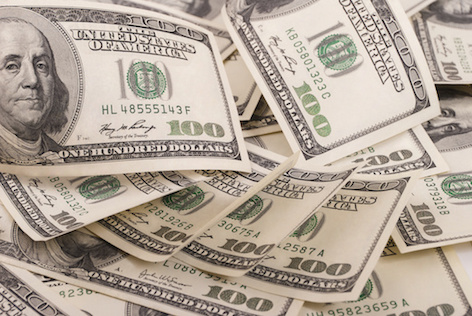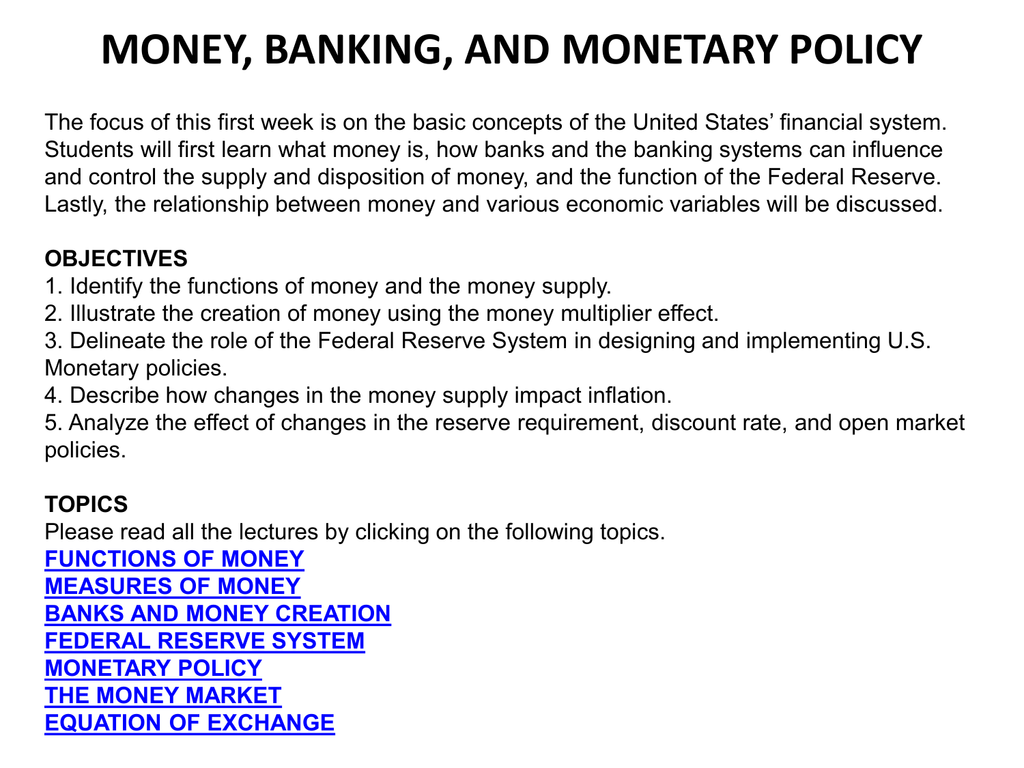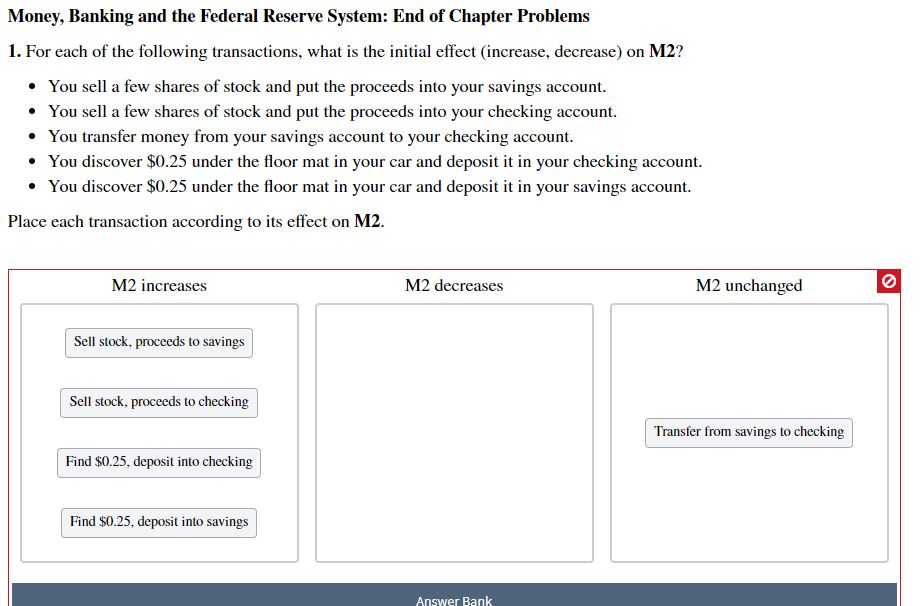Money, banking, and the Federal Reserve are integral components of the modern economy. Money serves as a medium of exchange, a unit of account, and a store of value, while banks facilitate the flow of money and credit within an economy. The Federal Reserve, also known as the "central bank" of the United States, plays a critical role in regulating the supply and demand of money and credit, and in maintaining the stability of the financial system.
At its most basic level, money is any asset that is widely accepted as a medium of exchange. This can include physical items like currency and coins, as well as electronic forms of payment like debit and credit cards. Money serves several important functions in an economy, including making it easier to buy and sell goods and services, and reducing the need for bartering.
Banking is the business of accepting and safeguarding deposits, and lending money. Banks play a vital role in the economy by channeling savings into investments and by providing a means for businesses and individuals to borrow money. Banks also provide a range of financial services, such as checking and savings accounts, credit cards, and investment products.
The Federal Reserve is the central bank of the United States and is responsible for implementing monetary policy, regulating banks, and providing financial services to the federal government. The Federal Reserve was created in 1913 with the passage of the Federal Reserve Act, and is made up of 12 regional banks that operate independently within their respective districts. The Federal Reserve is responsible for conducting monetary policy by setting interest rates, regulating the supply of money and credit, and acting as a "lender of last resort" to banks in times of financial crisis.
One of the key tools the Federal Reserve uses to implement monetary policy is the setting of the federal funds rate, which is the interest rate at which banks lend and borrow money from each other overnight. By raising or lowering the federal funds rate, the Federal Reserve can influence the cost of borrowing, and in turn, the demand for credit and the overall level of economic activity.
In addition to implementing monetary policy, the Federal Reserve also plays a critical role in regulating the financial system and promoting financial stability. This includes supervising and regulating banks and other financial institutions to ensure that they are operating safely and soundly. The Federal Reserve also serves as a lender of last resort, providing financial assistance to banks during times of financial crisis to help stabilize the financial system.
In summary, money, banking, and the Federal Reserve are essential components of the modern economy. Money serves as a medium of exchange, a unit of account, and a store of value, while banks facilitate the flow of money and credit within an economy. The Federal Reserve, as the central bank of the United States, plays a critical role in regulating the supply and demand of money and credit, and in maintaining the stability of the financial system.







